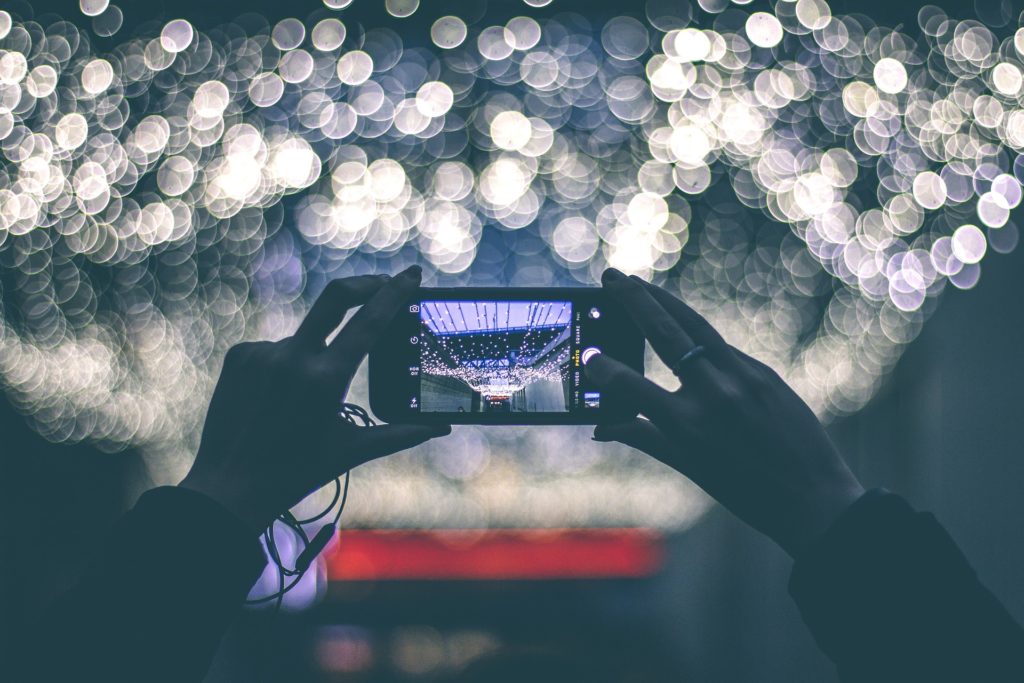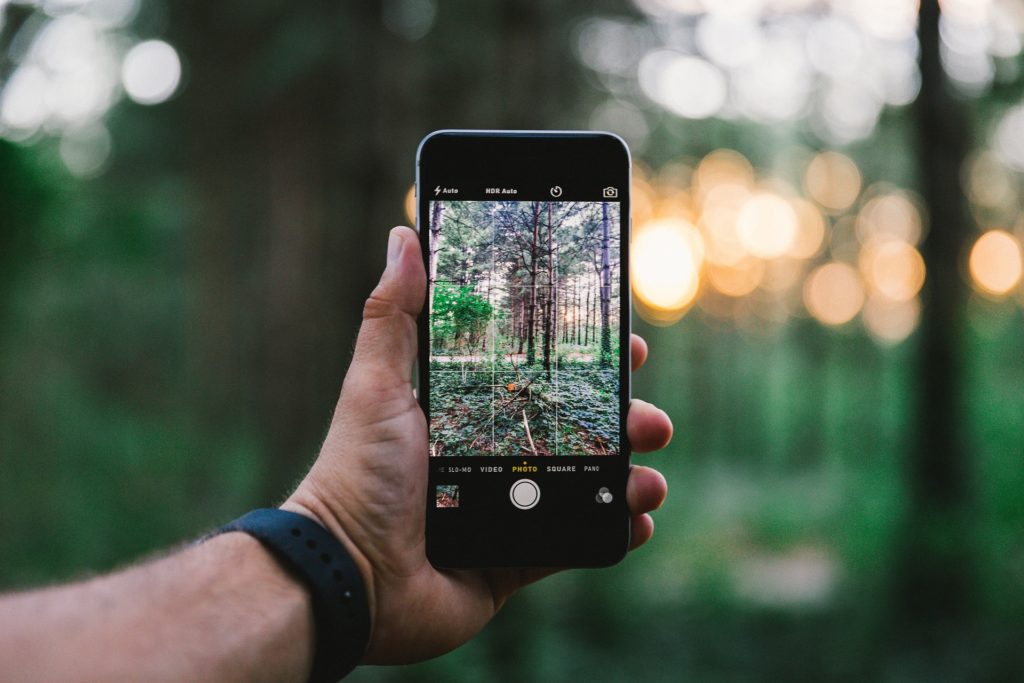September 16, 2019

With smartphones coming out at breakneck speed these days, it is near-impossible to differentiate between any of them. With some manufacturers releasing several models a year, just how can you decide which phone is better? And really, is there even any difference between them? The manufacturers think so. If you’ve watched any commercials of new phone releases at all, you likely noticed that they focus heavily on camera specifications. But which company has the best camera phone. For many, camera specs just sound like a foreign language. This is why we’ve broken them down for you. Below we explain what different camera specs mean and how you can use them to find the best camera phone for your buck.
According to Wikipedia, a pixel is the “smallest collateral element of a picture”. On a good photo, you can’t see individual pixels. By comparison, pixels are easily identifiable on a low-quality photo. They’re the tiny squares that make the photo blurry and unsharp, like when you download a photo with a slow internet connection. When a photo looks grainy, it’s usually because of insufficient pixels. A megapixel is one million pixels, and the best camera phone generally has 8 or more megapixels. Check out this article where we talk a little bit about megapixels.
But don’t just get caught up on megapixels. Pixel size is very important too. Ever zoomed into a picture? The more you zoom in, the more easily you can identify individual pixels. The same happens when you “stretch” an image out, usually in an attempt to fit it into a large blank page. Ideally, you don’t want to identify individual pixels. You want them to remain as small as possible. How does that happen? More pixels. But just because you have a 12 or 16-megapixel camera phone doesn’t mean you’ll get the best image. Still, you shouldn’t just stop at the megapixel count. A phone camera’s sensor size is very important as well.
With megapixels, more doesn’t always mean better. That is unless they’re paired with the right sensor. Compared with professional cameras, smartphone sensors are pretty small. That is because a larger sensor would necessitate a thicker phone, and who wants that? The best camera phones will have a larger sensor size. So what is a camera sensor and why does it matter?
The way that a camera sensor works is by collecting light and using it to create a picture. It “collects” the megapixels picked up by your phone and shows them to you as an image. If your camera has an excessive amount of megapixels compared with sensor size, you actually risk a lower quality image. That is because there is not enough space. When the amount of pixels is too excessive for the sensor, they will become very small, therefore concentrating too much “bad noise” in the pictures. Likewise, if the sensor is too large, then the pixels would have to increase in size to fil, making the image grainy.
Usually, sensor size is measured in millimeters high by millimeters wide. For phone cameras, it’s measured in inches, or rather fractions of inches. The closer a phone’s sensor size is to 1 inch, the better quality your image will be. But most phones will have a sensor size closer to 1/1.3 in a mark.

Aperture works hand-in-hand with the camera sensor. Its function is to let in as much light as possible, which helps improve exposure. The larger the camera’s aperture is, the better the image quality. That is because a larger aperture means more light. The best camera phones will have apertures with a low f-measurement. For example, an aperture measurement of f/1.2 will produce better quality than an f/2 measurement.
Now that we’ve individually broken down the importance of megapixels, sensor size, and aperture, how can you use this information? When deciding what is the best camera phone for you, remember that larger isn’t always better. Don’t be fooled by phone with a ton of megapixels if you don’t know what the sensor size is. And definitely walk away when met by a large aperture measurement.

We accept phones that are re-financed or not paid off as long as they are not blacklisted.
Sell My Device
We accept devices in a variety of conditions, including damaged or even broken devices.
Sell My Device
5855 W Silver Spring Dr. Milwaukee WI 53218

(414)236-2867
(414)236-2867
Business Hours
Monday to Sunday - 9am to 9pm

North Oak Shopping Center 6810 W. North Ave Chicago, IL 60707

(773)413-7087
(414)236-2867
Business Hours
Monday to Sunday - 10am to 6pm

info@swifttechbuy.com